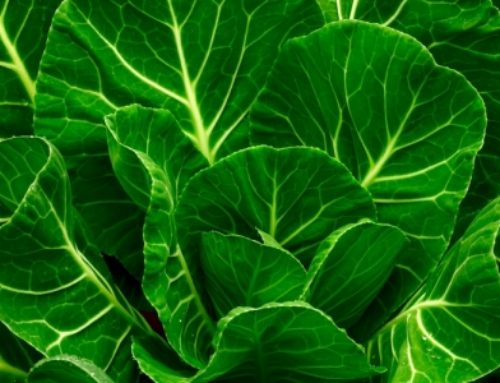Looking forward to spring and all of the wonderful produce that it brings, I cannot think of a better month for nutrition month. And to celebrate, we are kicking off the month with…rhubarb? Yes, rhubarb! It is a nutrition powerhouse and most likely not a regular on your menu which makes it a great way to kick off the month.
Truth be told I have not eaten rhubarb in many years and have never really thought about its nutritional value. I was looking for recipes that contained calcium-rich fruits for an upcoming bone health talk and I stumbled on rhubarb which is reported to have at least 105 mg/cup for fresh and 266 mg/cup for frozen per the USDA database.
Rhubarb has a long history as a jam, fruit compote or other summer time treats but I thought it had fallen out of fashion. A quick internet search turned up a wealth of recipes and to my joy many are savory instead of sweet. You may know that rhubarb is quite tart and tends to need a lot of sweetener added – which works against the healthiness. Recipes in hand, I went to validate the nutritional value and that is when I discovered that rhubarb is high on oxalates. Oxalates make some or most of the calcium unavailable. But as I read further I discovered that rhubarb has a host of other nutrients that we may benefit from.
What makes rhubarb so wonderful?
- A rich source of vitamin K for brain, bone, and heart health*
- Vitamin A, lutein and zeaxanthin for eye health (including a decreased risk of age-related macular degeneration and cataracts) and as a general antioxidant
- Vitamin C for antioxidants
- Fiber to help with cholesterol levels
- Traditional Chinese Medicine practitioners consider rhubarb a food for detoxifying and cooling the liver
- And that calcium? Fresh rhubarb has 105 mg/cup and frozen rhubarb has 266 mg/cup calcium of which about 25% is absorbable due to it high oxalate** content – still 26-66 mg adds to the days total need of 1,000-1,2000 mg for adults.
Add checkout these great recipes:
Sausage with Chard and Rhubarb
Please note:
The leaves and roots of the rhubarb plant are toxic. Only eat the stock (this is how it is usually sold)
*If you take a blood thinner talk to your doctor before consuming rhubarb as vitamin K can with the medication
**If you have kidney issues, it is best not to consume foods high in oxalates




